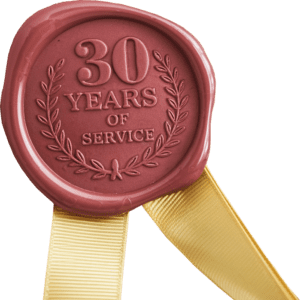Step 5: Establish clear roles and responsibilities.
10 Steps to successful CRM implementation
Implementing a CRM is often a large business change, involving many people, changing process and often infrastructure. There are lots of moving parts. For a CRM implementation to be successful, it is essential to establish clear roles and responsibilities, manage stakeholders effectively, and ensure good governance throughout the project.
The first step is to assign a project manager who will oversee the CRM implementation.
The project manager will coordinate the efforts of all team members and stakeholders, and for ensuring that the project stays on schedule and within budget. They will also act as a liaison between the team and upper management, ensuring that everyone is kept informed of the project’s progress.
It’s important to assemble a diverse team of stakeholders from different departments and levels within the organization.
This team should include representatives from the IT department, sales and marketing teams, upper management, and key stakeholders, such as customers and partners. This will ensure that all perspectives are considered and that the implementation aligns with the overall goals and objectives of your business.
The IT department, working with your implementation partner, will be responsible for the technical aspects of the project, such as data migration and system integration. The sales and marketing teams will be responsible for inputting and managing customer data in the CRM system. It’s also important to have a plan for training and educating all stakeholders on the new CRM, so they can effectively use it once it’s running.
Stakeholder management is also crucial for successful CRM project. Regular meetings between team members and stakeholders can help to ensure that everyone is on the same page, and that any issues or concerns are addressed in a timely manner. Involve stakeholders in the analysis of current processes and workflows, as well as in the measurement and tracking of the implementation’s success.
Good governance is essential to ensuring a successful project. This includes establishing a clear project plan, regular reporting on progress, and a system for measuring and tracking the success of the implementation. It also includes ensuring that all stakeholders are aware of their roles and responsibilities and that they are accountable for their actions.
Overall, the key to successful CRM implementation is to establish clear roles and responsibilities, manage stakeholders effectively, and ensure good governance throughout the project. With the right approach, a CRM system can bring significant benefits to a business, including improved customer engagement, increased sales, and greater efficiency.


